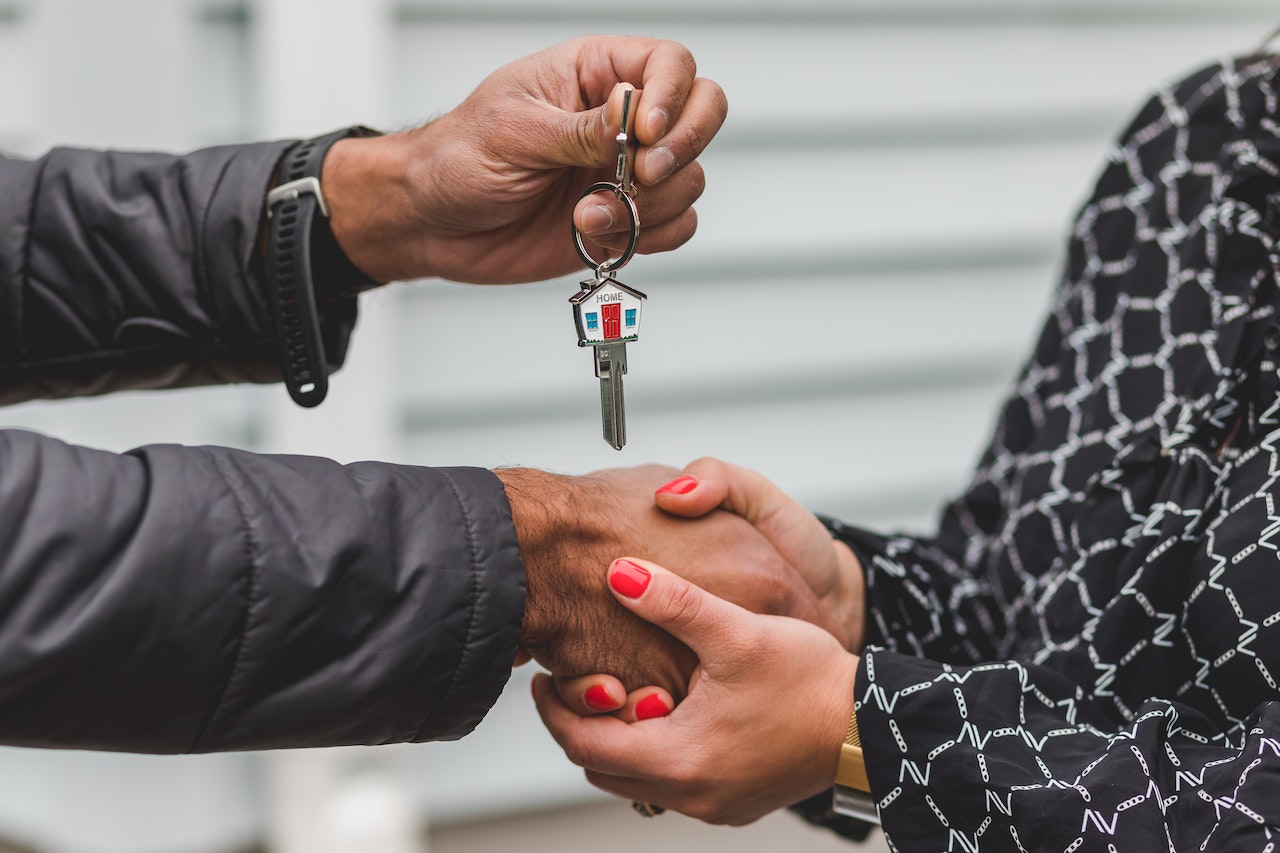4 Things to Consider When Choosing Where to Purchase a Home

Life is full of big decisions: choosing your partner, who you may marry, and having children all go hand-in-hand with the decision you make to purchase a home. Homes are places of refuge where memories of your life milestones will take place, so where you choose to do that is important.
When trying to find a location, priorities, and dealbreakers must be considered by buyers. Cost and competition are a big driver of location-based house-hunting, as is desirability. The desirability of locations is a big motivator for buyers searching for a home because a good location makes them feel confident and safe in the home purchasing process.
What drives the desirability of a location for buyers is based on several important factors. As we have briefly mentioned, the safety of a location is a part of that. Buyers want to live in places with low crime rates where they can live peacefully. As well as feeling safe, buyers want to feel like things are accessible. Their priority for accessibility will depend on their lifestyle and preferences, but most people will have a list of things that need to be close to their location and home.
Others with larger budgets may consider luxury amenities as a part of the location where they're looking for a house. We are not talking about proximity to your local gym, but things like proximity to the best schools in the area for future children, locations with houses that have scenic views of water or landscapes, and properties that are in places with exclusive amenities such as spas or private social clubs.
These luxuries are often included in locations where the best houses in the world are because they are big selling points for the houses and increase their property value. If luxury buyers choose to sell their properties, they will find the location and the luxury feel of their home will work in their favor to deliver a high return on their investment.
Not everyone is lucky enough to have a house without a pool being your biggest dealbreaker in buying a home, but everyone has dealbreakers and must-haves when choosing their home and the location regardless of their budget.
1. The average cost of the area and your budget
In the same way that you consider important factors before purchasing a home, you should do the same when narrowing down where you want to buy. Consider the average cost of homes in the area with your budget. Average house price knowledge for an area is important in calculating if a home is within your budget for a comfortable living situation. Furthermore, being financially literal can help aid in creating a tailored budget for a house to account for added costs like property taxes and utilities.
The average cost of an area can affect your receiving of a mortgage from a lender because they often consider this when approving them. Even asking local lenders or real estate agents about added costs can put you ahead of the game in your property journey and help you find locations accordingly.
2. Proximity to work and commuting time
People already consider the proximity from their house to their work and their commute, but people often don't think about this in the context of the area itself. In the US, there seem to be more Americans driving to work, so being close to a place of employment and good infrastructure is important for drivers.
Even the time of the commute is a factor to consider when choosing a location because the commute time should be accounted for, as well as factors like traffic and the routes available to get to work from the location you may live in.
Longer commutes can lead to a decrease in the quality of life for those who work a lot because fatigue is more common for those getting home late from long commutes, so locations that are accessible to key roads and have good transport links are essential for a healthy work-life balance.
3. The safety of the neighborhood and the local community
The word "safe" often gets thrown around, and it can be hard to tell sometimes if your neighborhood feels that way, but there are many ways to assess the safety of a neighborhood for potential buying opportunities.
Start by spending some time in the neighborhood. Spending time in local hotspots will help you to get a feeling about the location and assess whether you feel safe on your first instinct because these are important when exploring a new location.
Research safety procedures in the neighborhood. Is there a good local police presence, is there a neighborhood watch program? If there are, it can be fairly safe to assume the area is well-protected and relatively safe. For peace of mind, it might be worth looking at the data. Most neighborhoods have online data relating to local incidents as will local groups. Choosing a secure neighborhood will ensure you have a good quality of life as well as a nice home and will help to increase property value should you want to sell in the future.
4. The future development of the area
The future of an area can greatly affect a person's decision to live there because of potential new construction projects or possible changes to the value of the area. Research any proposed or planned changes to the local area you are looking into.
See if new amenities or shops are being built and if there are any plans to improve local life i.e. sustainability projects or infrastructure plans. Doing your due diligence will help to eliminate any possibility of upcoming plans affecting your quality of life or your plans to make a life in that area.